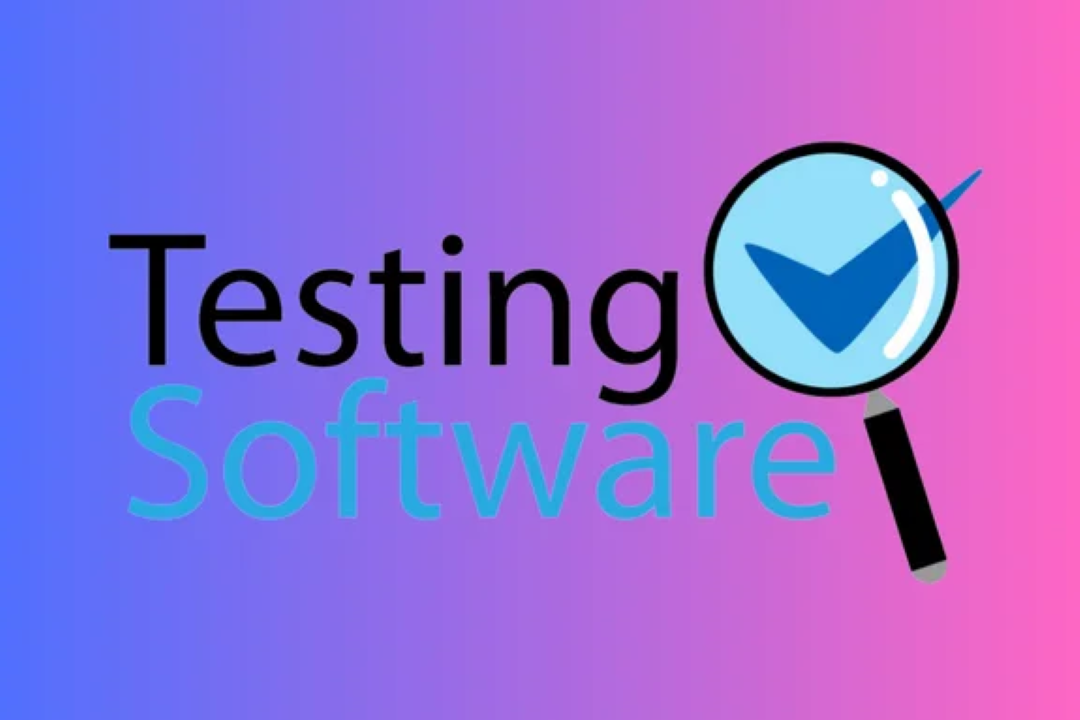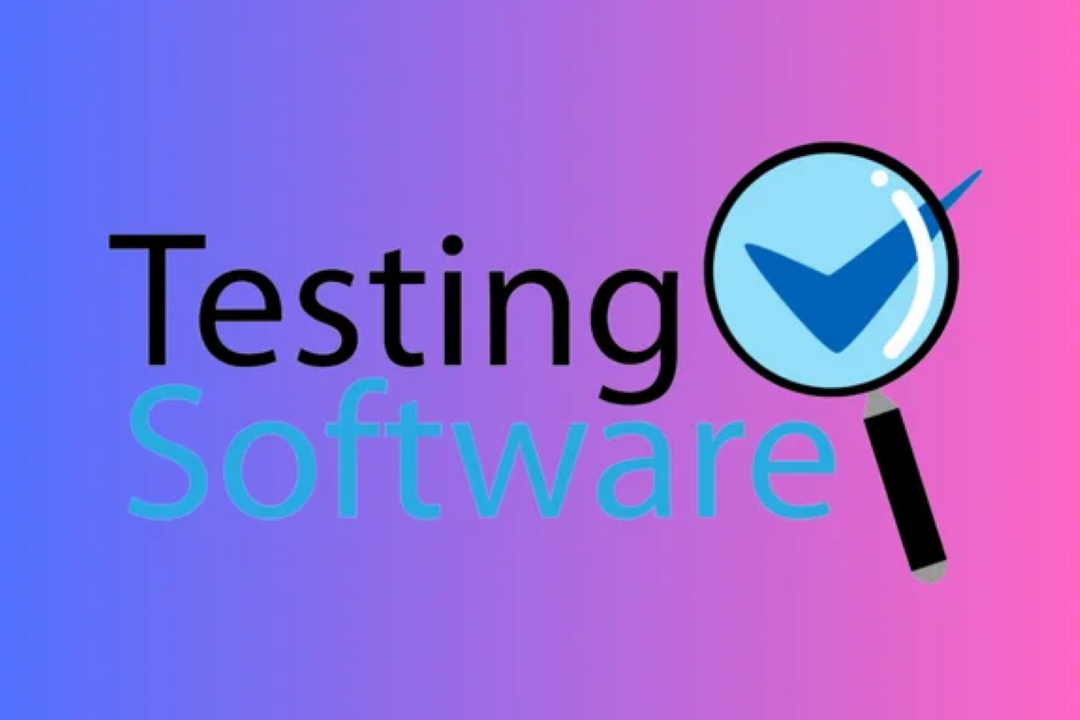selenium automation testing course IN NOIDA
The Selenium Automation Testing Course in Noida is a comprehensive training program designed to teac
selenium automation testing course IN NOIDA
The Selenium Automation Testing Course in Noida is an invaluable program for professionals seeking to enhance their software testing skills and improve their career prospects in the tech industry. Selenium, as a leading automation testing tool, enables testers to execute automated scripts on various web applications, increasing efficiency and accuracy in the testing process. By enrolling in this course, participants gain hands-on experience with real-time projects, equip themselves with best practices, and learn to integrate Selenium with other essential testing frameworks. This training not only deepens participants' understanding of automation testing but also positions them competitively in the job market, making them highly sought after by employers looking for skilled quality assurance professionals.
To Download Our Brochure: https://www.justacademy.co/download-brochure-for-free
Message us for more information: +91 9987184296
The Selenium Automation Testing Course in Noida is an invaluable program for professionals seeking to enhance their software testing skills and improve their career prospects in the tech industry. Selenium, as a leading automation testing tool, enables testers to execute automated scripts on various web applications, increasing efficiency and accuracy in the testing process. By enrolling in this course, participants gain hands on experience with real time projects, equip themselves with best practices, and learn to integrate Selenium with other essential testing frameworks. This training not only deepens participants' understanding of automation testing but also positions them competitively in the job market, making them highly sought after by employers looking for skilled quality assurance professionals.
Course Overview
The Selenium Automation Testing Course in Noida offers a comprehensive curriculum designed for aspiring software testers and quality assurance professionals. This course covers essential concepts of automation testing, including the fundamentals of Selenium, test case design, and execution, as well as integration with tools like TestNG and Maven. Participants will engage in practical, real-time projects to develop hands-on experience that reinforces theoretical knowledge. Throughout the program, learners will explore advanced topics such as Selenium WebDriver, frameworks, and best practices for test automation, enabling them to enhance their skill set and prepare for a successful career in the growing field of automation testing. By the end of the course, students will be well-equipped to tackle real-world challenges and excel in their roles as automation testers.
Course Description
The Selenium Automation Testing Course in Noida is expertly designed for individuals aspiring to enhance their skills in software testing and quality assurance. This course provides a deep dive into Selenium, the leading automation testing framework, covering essential topics such as Selenium WebDriver, test case development, and the integration of testing tools like TestNG and Maven. Participants will engage in real-time projects that offer practical experience, ensuring they can effectively apply their knowledge in actual testing scenarios. By the end of the course, learners will have mastered the techniques needed to automate testing processes successfully, making them valuable assets in the increasingly competitive tech industry. Whether you are a beginner or an experienced tester looking to upskill, this course offers the perfect blend of theory and hands-on practice to propel your career forward.
Key Features
1 - Comprehensive Tool Coverage: Provides hands-on training with a range of industry-standard testing tools, including Selenium, JIRA, LoadRunner, and TestRail.
2) Practical Exercises: Features real-world exercises and case studies to apply tools in various testing scenarios.
3) Interactive Learning: Includes interactive sessions with industry experts for personalized feedback and guidance.
4) Detailed Tutorials: Offers extensive tutorials and documentation on tool functionalities and best practices.
5) Advanced Techniques: Covers both fundamental and advanced techniques for using testing tools effectively.
6) Data Visualization: Integrates tools for visualizing test metrics and results, enhancing data interpretation and decision-making.
7) Tool Integration: Teaches how to integrate testing tools into the software development lifecycle for streamlined workflows.
8) Project-Based Learning: Focuses on project-based learning to build practical skills and create a portfolio of completed tasks.
9) Career Support: Provides resources and support for applying learned skills to real-world job scenarios, including resume building and interview preparation.
10) Up-to-Date Content: Ensures that course materials reflect the latest industry standards and tool updates.
Benefits of taking our course
Functional Tools
1 - Selenium WebDriver: Selenium WebDriver is a critical component of the Selenium suite, allowing testers to interact directly with web browsers. It provides APIs for various programming languages, including Java, C#, and Python, enabling students to write scripts that automate tasks in a browser environment. With WebDriver, learners can create robust tests that simulate user actions, validate web applications, and ensure functionality across different browsers.
2) TestNG: TestNG is a powerful testing framework inspired by JUnit but introduced with more features, making it suitable for test automation. In the Selenium Automation Testing Course, students use TestNG for organizing test cases, managing dependencies, and generating comprehensive reports. Its annotations (like @BeforeSuite, @Test, and @AfterClass) help in structuring the tests efficiently, which aids in maintaining large test suites.
3) Maven: Maven is used in the course for project management and build automation. Students learn how to create a Maven project, manage dependencies for Selenium and other libraries, and streamline the build process. Utilizing Maven effectively helps in maintaining a clean project structure and enables developers to automate the compilation, testing, and packaging of applications seamlessly.
4) Cucumber: Cucumber is an essential tool for Behavior Driven Development (BDD) that integrates smoothly with Selenium. Through the Selenium Automation Testing Course, learners gain hands on experience in writing tests in plain English using Gherkin syntax. This feature allows for better collaboration between developers, testers, and non technical stakeholders, ensuring that the requirements and expectations are clear.
5) Jenkins: Continuous Integration and Continuous Deployment (CI/CD) are vital in modern development, and Jenkins plays a key role in this. Students are introduced to Jenkins in the context of automating the execution of Selenium tests. They learn how to set up build jobs, schedule tests, and generate reports, ensuring that any code changes are verified quickly and reliably through automated testing.
6) Apache POI: For managing test data efficiently, Apache POI is employed in the Selenium Automation Testing Course. This library allows students to read from and write to Excel files, which are commonly used for input and output data in testing scenarios. By leveraging Apache POI, learners can create data driven tests that automatically adapt based on external test data, enhancing the flexibility and reliability of their automation scripts.
Each of these tools is integrated into the curriculum to provide students with a comprehensive understanding of automation testing, equipping them with the practical skills required to excel in their careers. The combination of these tools enriches the learning experience by allowing students to automate and streamline testing processes effectively.
Certainly! Here are additional key points and tools related to Selenium Automation Testing that can further enrich the curriculum for the Selenium Automation Testing Course offered by JustAcademy.
7) Page Object Model (POM): This design pattern is crucial for building maintainable and scalable test automation frameworks. In the course, students learn to implement the Page Object Model, which involves creating separate classes for each webpage, encapsulating its elements and behaviors. This modular approach facilitates code reuse, improves test readability, and simplifies maintenance, especially when web applications undergo updates.
8) Selenium Grid: For efficient test execution across multiple machines and browsers, Selenium Grid is introduced in the curriculum. Students learn how to set up and configure a Selenium Grid hub and nodes, allowing them to run parallel tests. This capability speeds up the testing process significantly and is essential for ensuring consistent behavior across different environments.
9) API Testing: Understanding API testing is crucial for comprehensive testing strategies. In the Selenium Automation Testing Course, students are introduced to tools like Postman or RestAssured to perform API testing. This knowledge complements Selenium by allowing testers to validate backend functionality and ensure seamless integration between the front end and back end services of web applications.
10) Locators in Selenium: Knowing how to effectively use locators is fundamental for Selenium automation. The course covers various locator strategies, including ID, Name, Class Name, XPath, CSS Selectors, and Link Text. Students gain hands on experience in using these locators efficiently, which is vital for identifying web elements regardless of the application's structure.
11 - Exception Handling: Robust test scripts must be resilient to unexpected scenarios. The course emphasizes the importance of exception handling within Selenium tests, teaching students how to manage errors gracefully. By implementing try catch blocks and understanding common exceptions, learners ensure their tests can handle failures without abrupt terminations.
12) Test Reporting: Comprehensive reporting is essential for understanding test outcomes. The course incorporates tools like ExtentReports and Allure for generating detailed reports that include visual representations of test results. Students learn to customize reports to present metrics, screenshots, and logs that provide insights into the testing process.
13) Performance Testing: While Selenium is primarily a functional testing tool, understanding performance testing concepts is beneficial. The curriculum introduces students to tools like JMeter or Gatling, where they can learn to evaluate the performance of web applications under load. This knowledge is crucial for ensuring that applications not only function well but also perform reliably under various conditions.
14) Common Frameworks: The course covers the integration of Selenium with popular test frameworks like Robot Framework or Serenity. These frameworks offer additional features for managing test cases, enhancing reporting, and simplifying workflow processes. Familiarity with these frameworks prepares students to work in diverse environments where various testing technologies are employed.
15) Version Control with Git: In modern software development, version control is key to collaboration. The course teaches students to use Git for managing test automation code, tracking changes, and collaborating with team members effectively. Understanding branching, merging, and pull requests is essential for maintaining a clean and organized codebase.
16) Best Practices in Test Automation: The curriculum emphasizes best practices for writing maintainable and scalable test scripts. Students learn about strategies for structuring their tests, optimizing execution time, and ensuring consistency in test data, which ultimately contributes to higher test quality and reliability.
17) Agile and DevOps Principles: Understanding Agile methodologies and DevOps practices is increasingly important for automation testers. In the course, learners review these principles and how automation testing fits into these frameworks, preparing them to work effectively in cross functional teams focused on rapid development and continuous delivery.
By integrating these additional points into the Selenium Automation Testing Course, JustAcademy ensures that students receive a thorough education that equips them with all the essential skills and knowledge to thrive in their careers as automation testers.
Browse our course links : https://www.justacademy.co/all-courses
To Join our FREE DEMO Session:
This information is sourced from JustAcademy
Contact Info:
Roshan Chaturvedi
Message us on Whatsapp: +91 9987184296
Email id: info@justacademy.co












